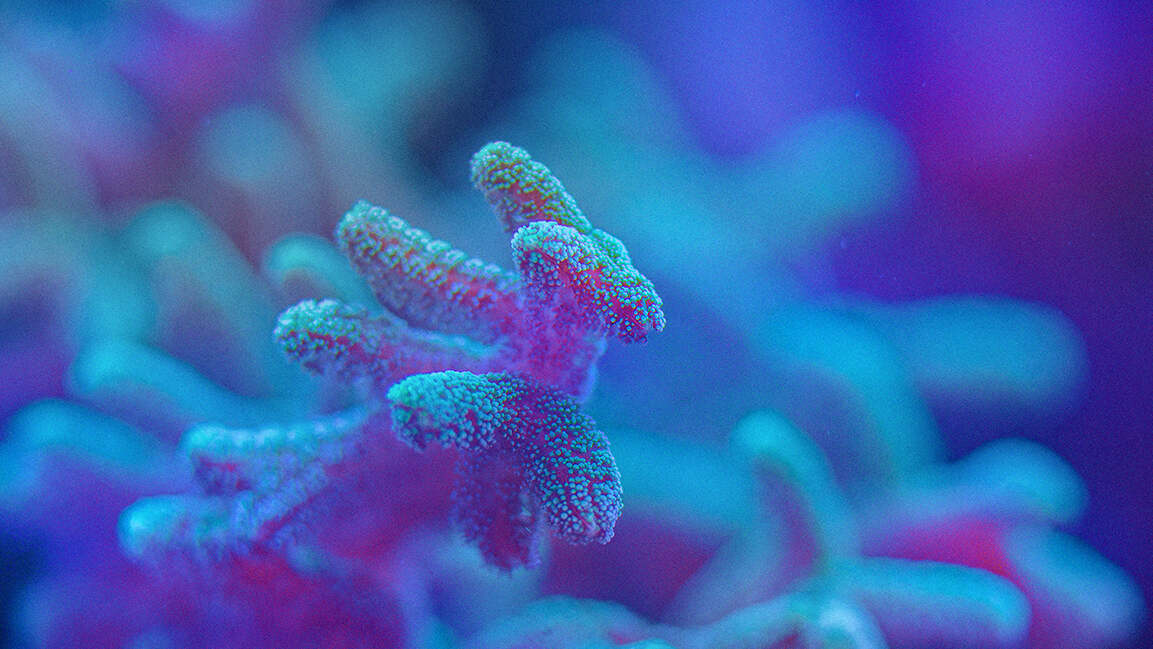- | 11:00 am
Here’s how Abu Dhabi’s coral restoration will impact climate change
The initiative will span over 900 hectares and will see the deployment of 40,000 eco-friendly artificial reef structures

Beyond their ecological importance, coral reefs also hold promise for scientific breakthroughs, including in medicine. However, rising ocean temperatures, pollution, overfishing, and climate change threaten their survival. Protecting and restoring coral reefs is no longer just an environmental priority—it’s essential for the health of the planet and the wellbeing of future generations.
Recognizing the importance of coral reefs, Sheikh Hamdan bin Zayed Al Nahyan, Ruler’s Representative in the Al Dhafra Region and Chairman of the Environment Agency – Abu Dhabi (EAD), has ordered the cultivation of more than 4 million coral colonies by 2030 in a huge step toward marine ecosystem restoration.
The initiative, which will span over 900 hectares, is being hailed as the world’s largest coral restoration effort to date. The announcement follows the recent launch of the Abu Dhabi Coral Garden Initiative, the largest of its kind in the Middle East.
The ambitious project will see the deployment of 40,000 eco-friendly artificial reef structures across 1,200 square kilometres of coastal and deep-sea waters. These reefs are expected to attract marine life at three times the rate of natural reefs, potentially generating more than five million kilograms of fish annually.
Coral reefs play a vital role in the marine ecosystem—providing shelter, breeding grounds, and food for marine species, while also protecting coastlines from erosion and supporting both commercial fishing and tourism sectors.
The drive has inspired similar initiatives across the UAE. In Sharjah, authorities have begun a pilot project in Khorfakkan using artificial reef caves to support marine biodiversity. Dubai recently launched the first phase of DUBAI REEF, which will deploy 20,000 reef modules over 600 square kilometres in the next three years.
The Ministry of Climate Change and Environment is coordinating coral restoration efforts nationwide, working closely with local authorities. Efforts include a research program to cultivate 24 resilient coral species and a national mapping initiative that has identified 210 reef sites hosting over 55 species of hard coral.
Past successes include coral gardens established in Ras Al Khaimah, Umm Al Qaiwain, and Ajman, alongside a long-term partnership with Fujairah Adventures to plant 1.5 million coral colonies along the country’s eastern coast.































